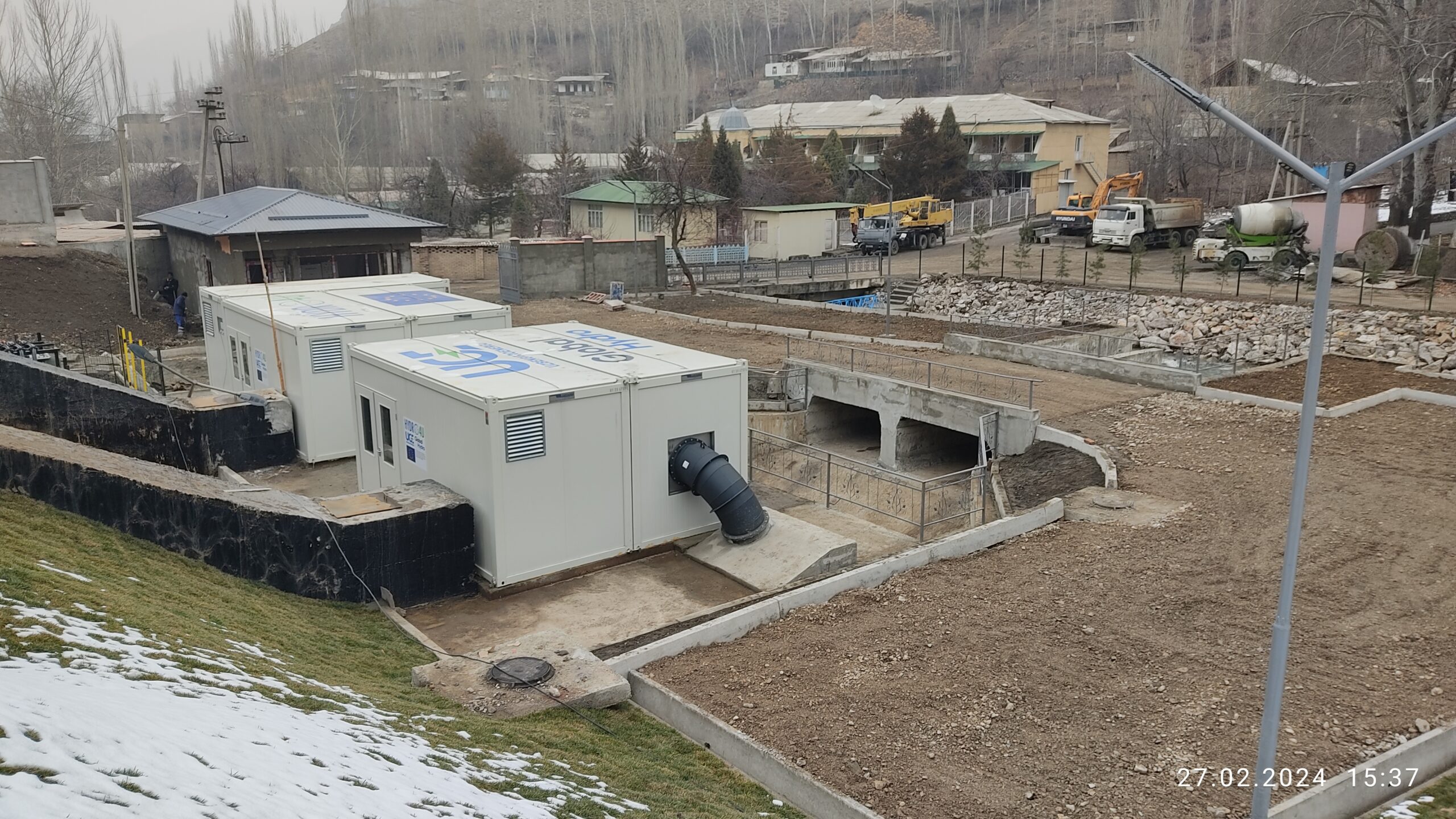The international Horizon 2020 Hydro4U project continues its activities to adapt European eco-friendly small hydropower equipment and technologies to Central Asia
13 Partners from 8 European and Central Asian countries are collaborating to boost sustainable small-scale hydropower in Central Asia, including “TIIAME” National Research University, Tashkent, Uzbekistan. This project, demonstrating viability in a forward-looking cross-border water-food-energy-climate nexus has received funding from the European Union’s Horizon 2020 research and innovation under grant agreement No 101022905. After almost 3 years of the start of the project activities in June 2021, the first in Central Asia ecologically sustainable hydropower plant equipped with most up-to date and eco-friendly European equipment and technologies and a fish pass, as well as downstream fish protection and migration facilities based on “Nature based solutions” was build up in Koksu River Shakhimardan exclave of Uzbekistan and ready for launch and operation.
During road construction works in 1970 – 1971 along the river Koksu the river bed was changed and banks modified. This resulted in an artificial waterfall of approx. 3.5 m height an insurmountable fish migration barrier in the river since no fish were observed upstream of the waterfall during the spring and autumn electrofishing surveys in 2021 and 2022. Following recommendations of Hydro4U-scientists this waterfall was demolished in 2024.
It should be noted that feasibility study and all the equipment necessary for the construction of this hydroelectric power plant and their installation and putting into operation of the hydroelectric power plant were paid for and implemented at the expense of the funds of the Hydro4U project. In particular, 2 Francis Container Power Solution (FCPS) with discharge of 1,6m³/s each Turbine and a maximum Power-Output of 1167kW each. The annual Power Output is equal to 11380Mwh – based on a rated flow auf 2,4m³/s. The project partner JSC “Uzbekhydroenergo” company paid and build most of the infrastructure.

Author: Prof., Dr. Bakhtiyor Karimov, Project Supervisor of the TIIAME NRU Team, Uzbekistan
Picture credits: Iana Kopecki, SJE
